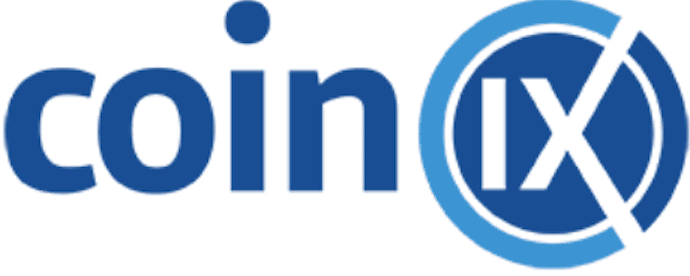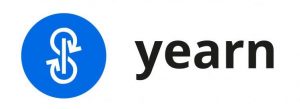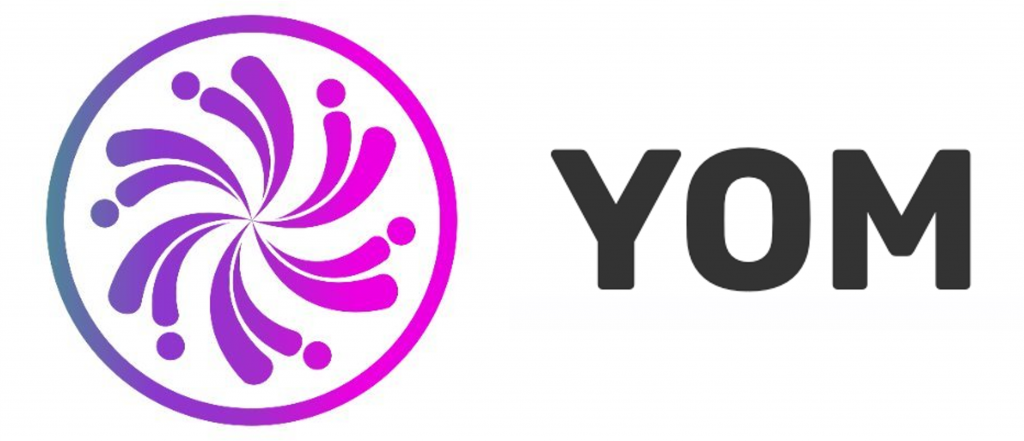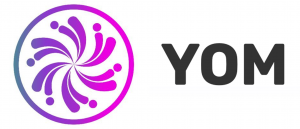Our approach
The portfolio of coinIX is composed of liquid cryptocurrencies, classic equity-investments in start-ups and token projects, where rights to digital assets are acquired which are not yet issued or listed on a marketplace.
All our investments (i) use blockchain or distributed ledger technology (DLT) as part of their product or service, (ii) deal with the further development of blockchain infrastructure, (iii) work on the development of blockchain applications or (iv) are made directly in cryptocurrencies.
All our investments (i) use blockchain or distributed ledger technology (DLT) as part of their product or service, (ii) deal with the further development of blockchain infrastructure, (iii) work on the development of blockchain applications or (iv) are made directly in cryptocurrencies.
Our portfolio
Liquid crypto assets
Through our investments in publicly tradable coins and tokens, we have the ability to opportunistically identify trends in the market and target investments in areas we believe to be promising. Additionally, these investments allow us to manage our liquidity based on overarching market trends.
Investment examples:
Token projects
These projects are mostly proposed to us in the form of SAFTs through our broad network and are not publicly tradable at this stage, as they are made at a very early stage of the project. Compared to classic shares, the tokens are listed on an exchange much earlier and are therefore liquid for us.
Investment examples:
Equity investments
In the area of equity investments, we are primarily interested in startups in the seed to Series A stage, primarily in Germany with an expanded focus on promising projects in Europe. The companies we invest in use blockchain or distributed ledger technology (DLT) as part of their product or service.
Investment examples:
Selected investments in detail
The Graph
The Graph is also often referred to as the Google of blockchains, as the protocol creates important infrastructure for Web 3.0 and makes blockchains searchable. The Graph provides a protocol that allows the creation of decentralized applications on Ethereum and interplanetary file systems (IPFS) to be significantly accelerated. Information requests are processed by The Graph on a decentralized network that ensures data openness and application persistence. It allows anyone to create and publish interfaces by means of so-called subgraphs to make data freely available. These subgraphs can be connected in a global graph, so that the interface using GraphQL can provide the data in a particularly reliable and convenient way in minimal requests. The Graph has now indexed over 25 blockchains and processes billions of search queries daily. In the investment round, we were accompanied by Coinbase Ventures.
FINEXITY AG
FINEXITY AG is developing a platform for the tokenization of assets such as real estate, works of art, vintage cars, wine, or diamonds, which have traditionally only been available to very wealthy investors and were previously less liquid and only tradable at great expense. Tokenization of tangible assets makes it possible to purchase even small stakes in the assets, making them accessible to investors with smaller budgets. The company plans to become a digital equivalent of the family office by creating new opportunities for individual portfolio management.
NATIX GmbH
NATIX GmbH is creating a platform on which urban surveillance cameras use artificial intelligence to automatically detect relevant events and exchange information with other cameras via a blockchain-based communication interface developed by NATIX itself. In this context, cameras from different manufacturers and different operators can also be integrated in order to better control traffic flows, for example, or to be able to react more quickly and in a more targeted manner in the event of accidents. The solutions developed by NATIX are particularly relevant for operators of industrial plants and for the development of networked cities (smart cities).
Shyft
Shyft is developing an identity protocol that can be used to uniquely check and verify the identity of people or even machines. Currently, this is often done through manual know-your-customer (KYC) processes, where identity is checked against identification documents and often documented through copies of those IDs, the storage of which happens individually on each online portal. Shyft aims to solve the problem by using blockchain and encryption technology to enable customers to prove their identity to other institutions after being identified by a so-called trust anchor - for example, a bank - without having to provide identification documents again themselves and without having to disclose the underlying information themselves.
Simetria
Simetria Trading Solutions Ltd. from Israel is developing a platform on which unlisted companies can grant their employees and investors digitized company shares or options. These are mapped on a blockchain and can thus be traded as on a stock exchange. Simetria is thus one of the trendsetters using the blockchain to digitize so-called "non-bankable assets" (NBAs). The platform, which is already active in Israel, enables both liquid trading and automatic monitoring of holding periods. In this way, employees can cover any liquidity needs, while companies in turn gain new shareholders.
Pocket Network
Pocket Network is working on a decentralized network protocol that incentivizes network participants to operate so-called full nodes. Blockchains require a critical amount of such nodes to function as a network. Currently, a large portion of nodes run on a few cloud computing providers, such as AWS. As a result, despite the network of nodes, there are still centralized vulnerabilities if these providers fail. This is a problem that Pocket Network aims to address.
Niftify
Niftify offers a comprehensive platform to create, buy, sell, and trade NFTs. Current solutions in the market often require crypto knowledge and are difficult to access for the general public or offer NFTs with limited utility. Niftify aims to make NFTs suitable for the masses and focuses on user-friendliness (e.g. payment is possible via Apple Pay even without crypto knowledge). In addition, Niftify wants to connect the digital and physical world, e.g. with NFTs as proof of origin of real brand products or as tickets to real events.
Cadeia
Cadeia develops and operates a blockchain-based platform for the digital structuring, issuance and settlement of complex financial products (e.g. asset-backed securities or syndicated loans, but also simple bonds) as well as the automated and rule-based management of the related payment flows. At its core, a blockchain-agnostic smart contract engine (SCE) enables the automated execution of legal contracts, transactions and payments.
Your Open Metaverse (YOM) & Beemup
Your Open Metaverse is a Solana-based B2B2C metaverse platform and ecosystem. The platform enables artists, developers, and businesses to collaboratively create a metareality, paving the way for an open, inclusive metacommunity.
In collaboration with Beemup, they are bridging the gap between traditional industries and the crypto sector by enabling traditional businesses to access the open metaverse to create their own virtual worlds.
In collaboration with Beemup, they are bridging the gap between traditional industries and the crypto sector by enabling traditional businesses to access the open metaverse to create their own virtual worlds.
asvin
asvin is a B2B infrastructure and service provider for manufacturers and users of IoT devices to ensure the security of device software and prove its origin. Blockchain technology enables verifiability of the integrity of software packages in the supply chain from programmer to installation on an end device. The immutable history on the blockchain and the application of smart contracts allow seamless control of the quality assurance process in complex software supply chains.
AdHash
AdHash AG, based in Zug, Switzerland, operates a novel, privacy-oriented online advertising platform. It aims to revolutionize the online advertising market, which is currently still dominated by three Internet giants. AdHash makes it possible to place ads, manage campaigns and collect data on the success of the campaigns themselves. The data flows directly between publishers and advertisers, without the need for an intermediary for third-party verification. This results in significant cost savings. In addition, the solution is privacy-respecting, as it does not require third-party cookies.

 en
en  de
de
























